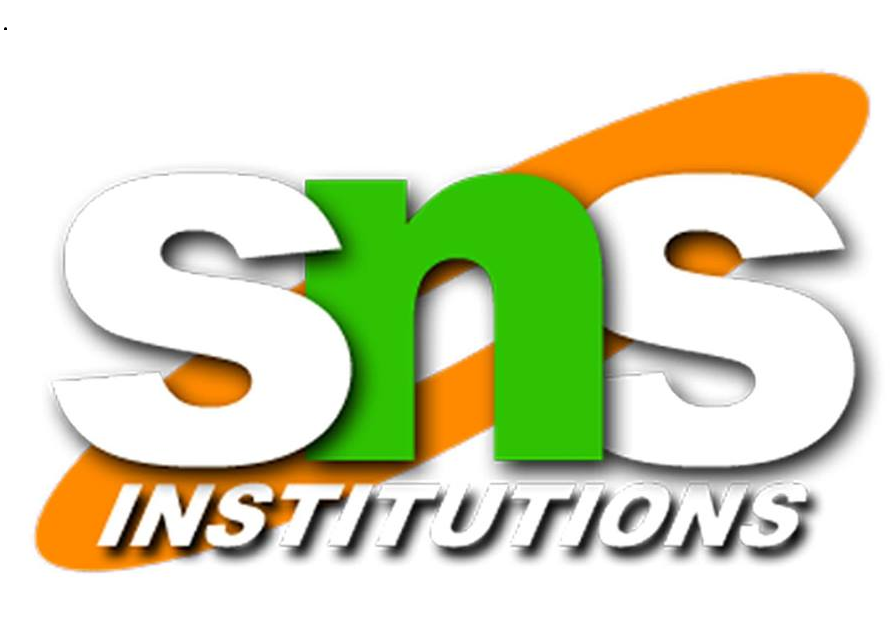
The Evolving role of software – Software – Changing nature of Software - Software Myths – Software Process: Layered Technology – The Software Process Model: Water Fall Model – Incremental Process Model – Evolutionary Software Process Models: Prototyping and Spiral Model –Estimation: Resources – Software Project Estimation – Decomposition Techniques – Empirical Estimation Models:COCOMO Model
Requirement analysis-Analysis modeling Approaches-Data Modeling Concepts: Data objects-Data Attributes-Relationships-Cardinality Modeling - Scenario-Based Modeling – Flow oriented Modeling: Creating a Dataflow model-Creating a control flow model-Class-based Modeling: Identifying Analysis Classes-Specifying attributes-Defining operations -Creating a behavior model: Identifying Events with the use-case-State representation.
Design Concepts: Abstraction-Architecture-pattern-Modularity-Information hiding-functional Independence-refinement-design classes –Design Model: Data design elements-component level design elements-deployment level design elements-Creating an Architectural Design: Software Architecture- Architecture design-Mapping data flow into Software architecture-Modeling Component-Level Design: Coupling-Cohesion.
Overview – Breaking a System into Subsystems – Identifying Concurrency – Allocating Subsystems to Processors and Tasks – Management of Data Stores – Handling Global Resources – Choosing Software Control Implementation – Handling Boundary Conditions – Setting Trade-off Priorities – Common Architectural Frameworks – Architecture of the ATM System
overview of implementation-Fine-tunning Classes-Fine-tuning generalizations- Realizing associations. Programming Style: Object Oriented Style – Reusability – Extensibility – Robustness – Programming-in-the-Large.
Reference Book:
1. Ian Sommerville, “Software engineering”, Pearson Education in South Asia, 2000. 2. Wamam S Jawadekar, “Software engineering”, Tata McGraw-Hill, New Delhi India, Seventh Reprint, 2008 3. Grady Booch, “Object Oriented Analysis and Design with Application”, 2nd Edition, Pearson Education, Reprint 2004.
Text Book:
1. Roger S Pressman, “Software Engineering a Practioner’s Approach”, Tata McGraw-Hill, New Delhi-India, 6th Edition, 2005. (Unit-I, II, III) 2. Rumbaugh J, Blaha M, Premerlani W, Eddy F and Lorensen W, “Object Oriented Modeling and Design”, Prentice-Hall India/Pearson Education, New Delhi-India, 2007. (Unit-IV, V)
